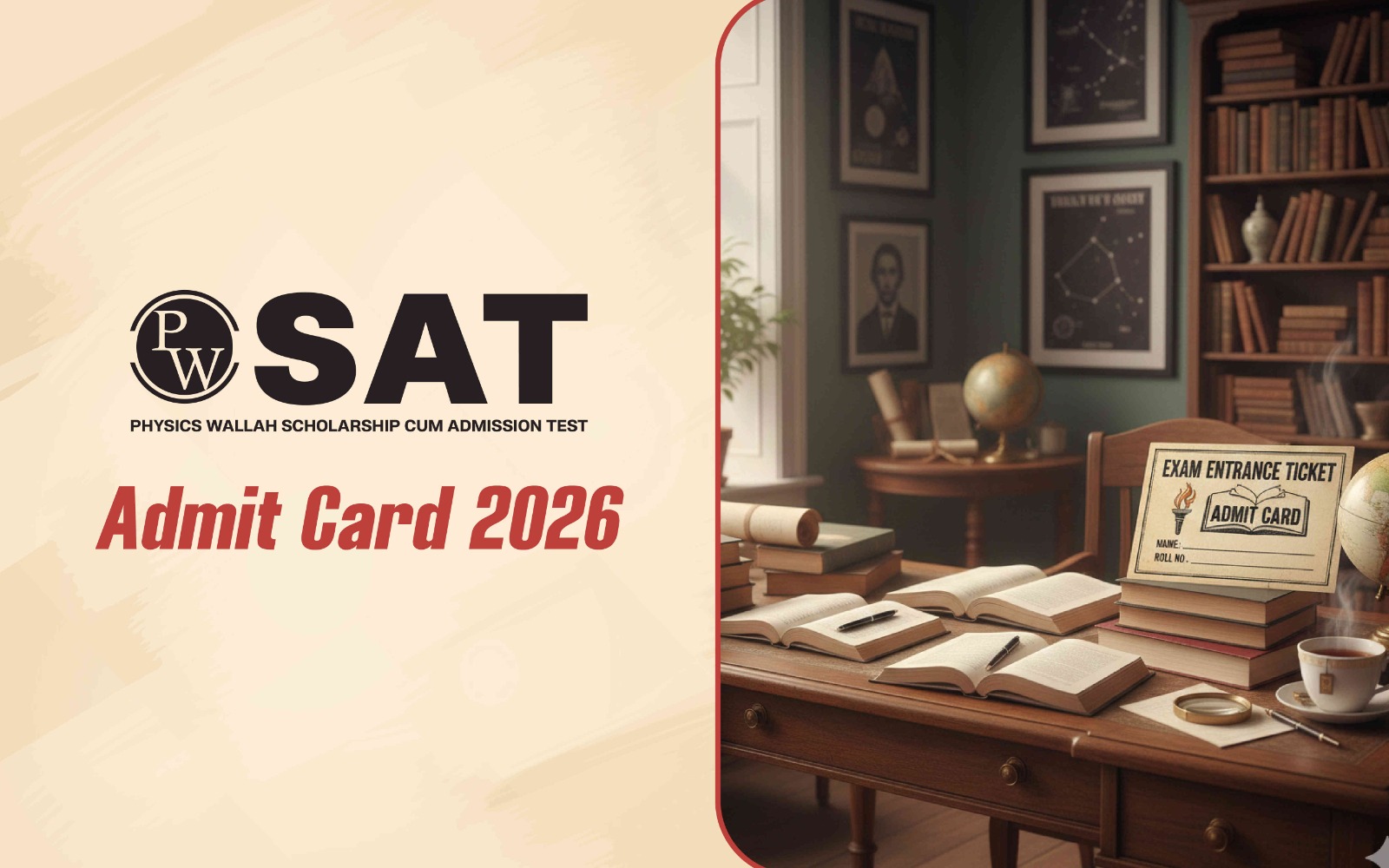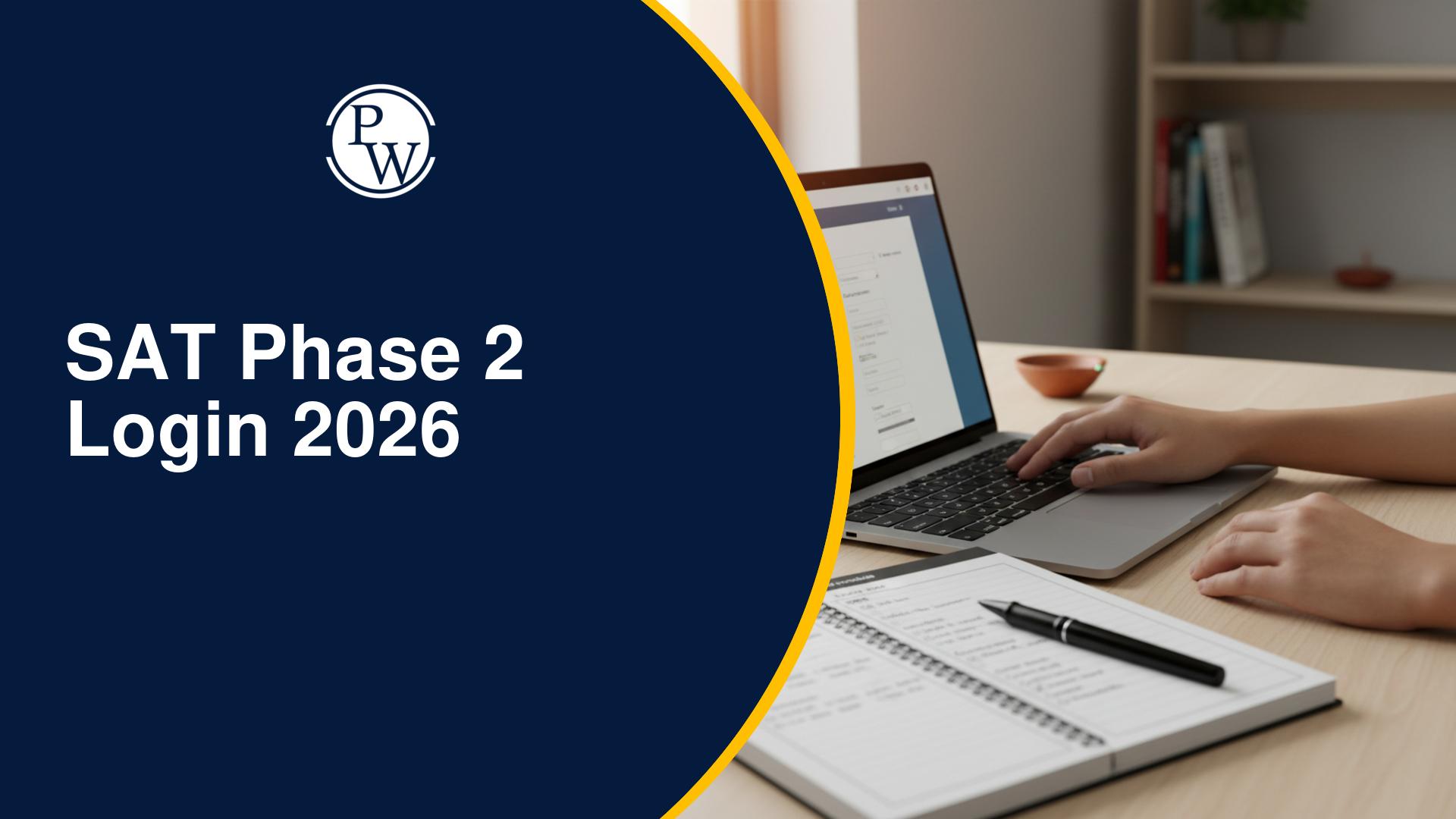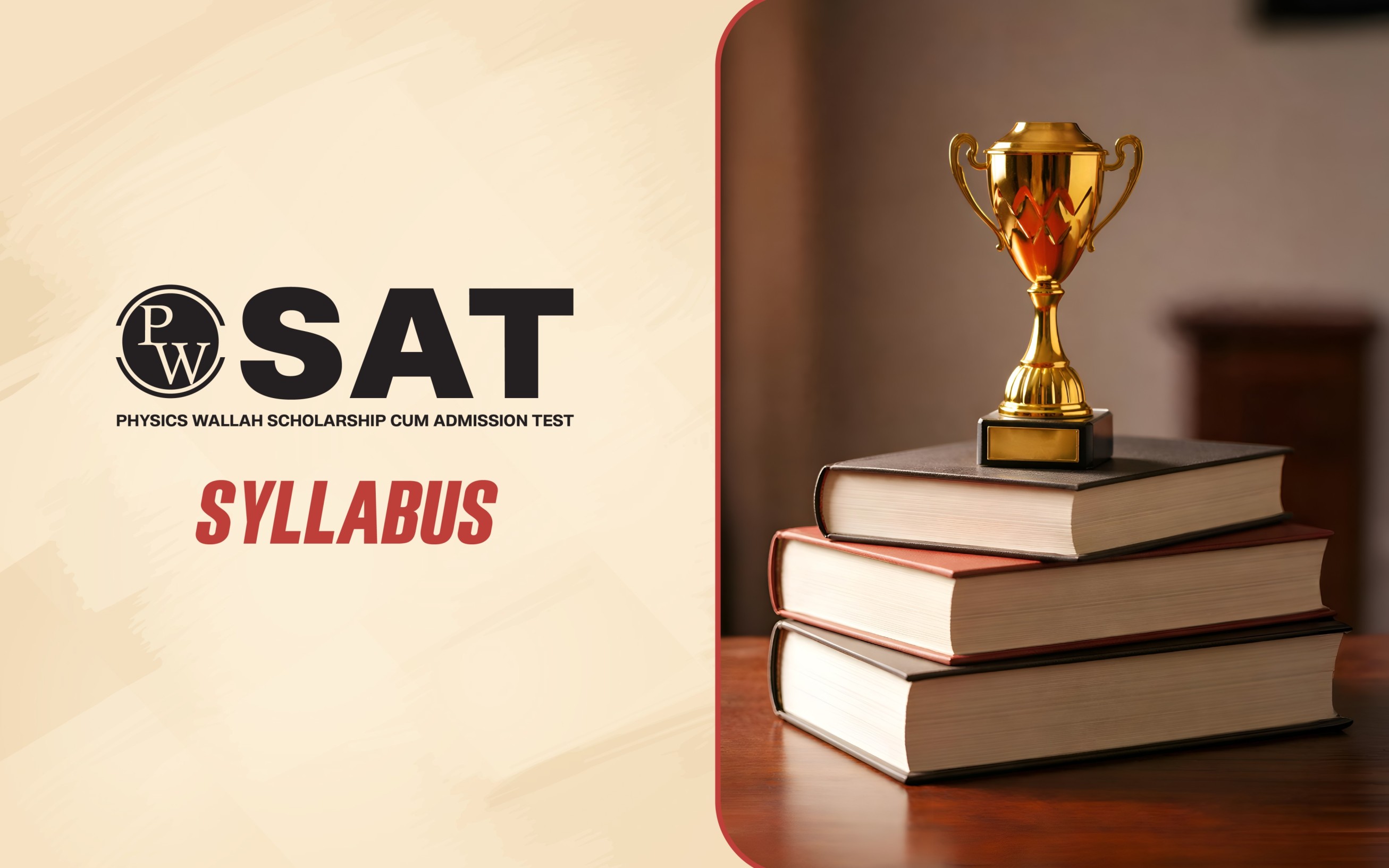
Inorganic Chemistry can feel overwhelming for JEE aspirants, but with the right approach, it becomes manageable and even interesting. This roadmap is designed to help you navigate through the important topics of JEE 2025 Inorganic Chemistry. We'll break down the syllabus, provide you with effective study strategies, and guide you on how to tackle each chapter.
By following this roadmap, you'll be well-prepared and confident in your ability to score well in this section. Remember, with consistent effort and smart preparation, you can master Inorganic Chemistry for JEE 2025.JEE 2025 Inorganic Chemistry
Inorganic Chemistry plays a significant role in the JEE 2025 exam, and understanding its importance is the first step towards excelling. Unlike Organic Chemistry, which requires a deep understanding of reactions and mechanisms, JEE 2025 Inorganic Chemistry demands thorough memorization and clarity on concepts. Topics like periodic table trends, chemical bonding, coordination compounds, and p-block elements are foundational and often feature prominently in the exam. By focusing on these areas and maintaining a consistent study schedule, you can secure high marks in this section, which can be a game-changer in your overall JEE score.JEE 2025 Inorganic Chemistry Syllabus
The syllabus for JEE 2025 Inorganic Chemistry is vast but well-defined, making it easier to plan your study schedule. The major topics you need to cover include:- Periodic Table and Periodicity : Grasp the trends and properties of elements.
- Chemical Bonding : Study different types of bonds and molecular structures.
- Coordination Compounds : Learn about ligands, coordination numbers, and applications.
- p-Block Elements : Focus on the properties and reactions of Group 13 to 18 elements.
- d- and f-Block Elements : Understand the transition and inner transition elements.
- Hydrogen and its Compounds : Cover hydrogen, hydrides, and water.
- Environmental Chemistry : Explore the chemistry of the environment and pollutants.
Also Check: JEE 2025 Complete Roadmap
JEE 2025 Inorganic Chemistry Chapter Wise Preparation Strategy
To excel in JEE 2025 Inorganic Chemistry, it's essential to approach each chapter methodically. Here’s a step-by-step guide to help you tackle each topic effectively and efficiently.1. Periodic Table and Periodicity
Understanding the periodic table is fundamental. Start by memorizing the periodic trends like electronegativity, atomic size, ionization energy, etc. Use mnemonic devices to remember the order of elements and their properties. Regular revision is key to retaining this information.2. Chemical Bonding
Chemical bonding forms the foundation of Inorganic Chemistry. Focus on the types of bonds – ionic, covalent, and metallic. Pay special attention to hybridization, VSEPR theory, and molecular orbital theory. Practice drawing Lewis structures and predicting molecular shapes.3. Coordination Compounds
Coordination compounds can be complex but are crucial for JEE 2025 Inorganic Chemistry. Understand the nomenclature, bonding theories (like VBT and CFT), and the color and magnetic properties of complexes. Solving problems related to the stability and isomerism of coordination compounds will enhance your understanding.4. p-Block Elements
The p-block is vast and requires detailed study. Focus on the unique properties and reactions of elements in each group. Study the compounds of nitrogen, oxygen, halogens, and noble gases in detail. Practice balancing redox reactions and writing chemical equations for various processes.5. d- and f-Block Elements
These elements involve understanding electronic configurations, oxidation states, and color properties. Pay attention to the catalytic properties and the role of these elements in biological systems. Regular practice of solving numerical problems related to their compounds is essential.6. Hydrogen and its Compounds
Hydrogen is a small yet significant topic. Study its isotopes, industrial production methods, and compounds like hydrides, water, and hydrogen peroxide. Understanding the hydrogen economy and its future prospects can add an interesting dimension to your preparation.7. Environmental Chemistry
Environmental Chemistry is often overlooked but holds considerable weightage. Focus on topics like ozone depletion, green chemistry, and pollution. Understanding the chemical basis of environmental issues will help you answer application-based questions effectively.For comprehensive JEE preparation, join PW Vidyapeeth and take your JEE 2025 journey to the next level. Their expert guidance and structured courses can help you crack the JEE exam with confidence.
| Also Check: |
| IIT JEE Physics VS CBSE Physics |
| How to score high in JEE Chemistry Paper? |
| NEET and JEE MIP |
| Why Should You Switch to Offline Coaching for IIT JEE? |
JEE 2025 Inorganic Chemistry FAQs
What are the key topics in JEE 2025 Inorganic Chemistry?
The key topics include the periodic table, chemical bonding, coordination compounds, p-block elements, d- and f-block elements, hydrogen, and environmental chemistry.
How can I memorize the periodic table effectively?
Use mnemonic devices, make flashcards, and regularly revise to retain the periodic trends and properties of elements.
Why is chemical bonding important in JEE 2025 Inorganic Chemistry?
Chemical bonding forms the foundation for understanding molecular structures, reactivity, and properties of compounds.
What is the best strategy for studying coordination compounds?
Focus on nomenclature, bonding theories, and the properties of complexes. Practice problems related to stability and isomerism.
How should I approach the study of p-block elements?
Study the unique properties and reactions of each group, practice balancing redox reactions, and write chemical equations for various processes.
🔥 Trending Blogs
Talk to a counsellorHave doubts? Our support team will be happy to assist you!

Check out these Related Articles
Free Learning Resources
PW Books
Notes (Class 10-12)
PW Study Materials
Notes (Class 6-9)
Ncert Solutions
Govt Exams
Class 6th to 12th Online Courses
Govt Job Exams Courses
UPSC Coaching
Defence Exam Coaching
Gate Exam Coaching
Other Exams
Know about Physics Wallah
Physics Wallah is an Indian edtech platform that provides accessible & comprehensive learning experiences to students from Class 6th to postgraduate level. We also provide extensive NCERT solutions, sample paper, NEET, JEE Mains, BITSAT previous year papers & more such resources to students. Physics Wallah also caters to over 3.5 million registered students and over 78 lakh+ Youtube subscribers with 4.8 rating on its app.
We Stand Out because
We provide students with intensive courses with India’s qualified & experienced faculties & mentors. PW strives to make the learning experience comprehensive and accessible for students of all sections of society. We believe in empowering every single student who couldn't dream of a good career in engineering and medical field earlier.
Our Key Focus Areas
Physics Wallah's main focus is to make the learning experience as economical as possible for all students. With our affordable courses like Lakshya, Udaan and Arjuna and many others, we have been able to provide a platform for lakhs of aspirants. From providing Chemistry, Maths, Physics formula to giving e-books of eminent authors like RD Sharma, RS Aggarwal and Lakhmir Singh, PW focuses on every single student's need for preparation.
What Makes Us Different
Physics Wallah strives to develop a comprehensive pedagogical structure for students, where they get a state-of-the-art learning experience with study material and resources. Apart from catering students preparing for JEE Mains and NEET, PW also provides study material for each state board like Uttar Pradesh, Bihar, and others
Copyright © 2026 Physicswallah Limited All rights reserved.








